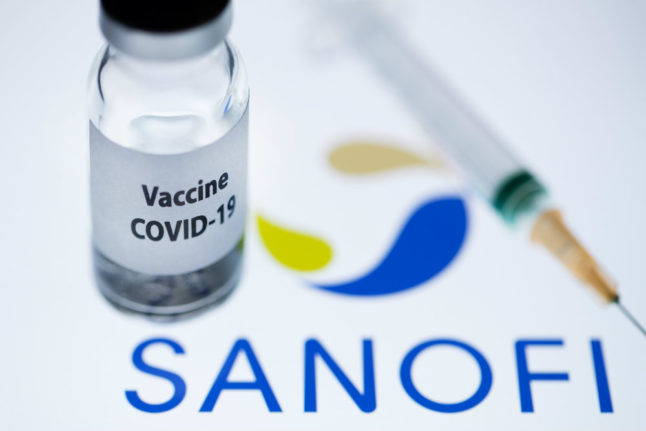Norwegian third-party fact checking media Faktisk.no has looked at whether Norway’s laws theoretically enable authorities to enforce vaccinations, and how likely such laws are to be used during the current pandemic.
Health minister Bent Høie has previously ruled out any form of mandatory vaccination against Covid-19.
“It will be completely voluntary to take the coronavirus vaccine when it is ready,” Høie told news agency NTB on August 21st.
The minister reaffirmed this position to faktisk.no in an email, noting “we have no tradition for obligatory vaccination in Norway, and neither have we needed to”, the media writes.
READ ALSO:
- Norway's health authority 'ready' for arrival of Covid-19 vaccine
- How will Norway decide who gets a coronavirus vaccine first?
- Norway to make coronavirus vaccine free for everyone
“Our job is to give the public good information about the vaccine so that individuals can decide whether they wish to take the vaccine. Backing for vaccination is very high in Norway, and we have a strong belief that many of those who are advised to take the vaccine will choose to do so,” Høie also wrote to Faktisk.
Although vaccines against infectious disease are typically offered as free choices, an addition to the Norwegian infectious disease protection law, smittevernloven § 3-8, could enable the government or Directorate of Health to require vaccination in certain instances.
The government could add a regulation to the law which would make it mandatory for some or all of the population to take a vaccine “if it is crucial to fight a serious outbreak of a dangerous infectious disease”.
But the government has neither proposed or made a regulation in relation to vaccination against Covid-19, Faktisk.no writes.
The Directorate of Health could also require vaccination without a government regulation if it is necessary “to vaccinate the public or parts of it at one time to prevent significant damage to public health”.
But the directorate told Faktisk that the circumstances in which this could happen are “extremely narrow” and would only occur in a situation in which there was no time to pass a law change and with an already-developed, tested and approved vaccine available.
Even in the unlikely situation in which a vaccination requirement could occur, that would not mean vaccination by force, the directorate said.
The infectious disease protection law does not provide the authority to use force to ensure vaccination.
But it could allow authorities to place restrictions on those encompassed and who are not vaccinated in such a hypothetical situation.
That could include limits on going to public places, schools or other areas.



 Please whitelist us to continue reading.
Please whitelist us to continue reading.
Member comments